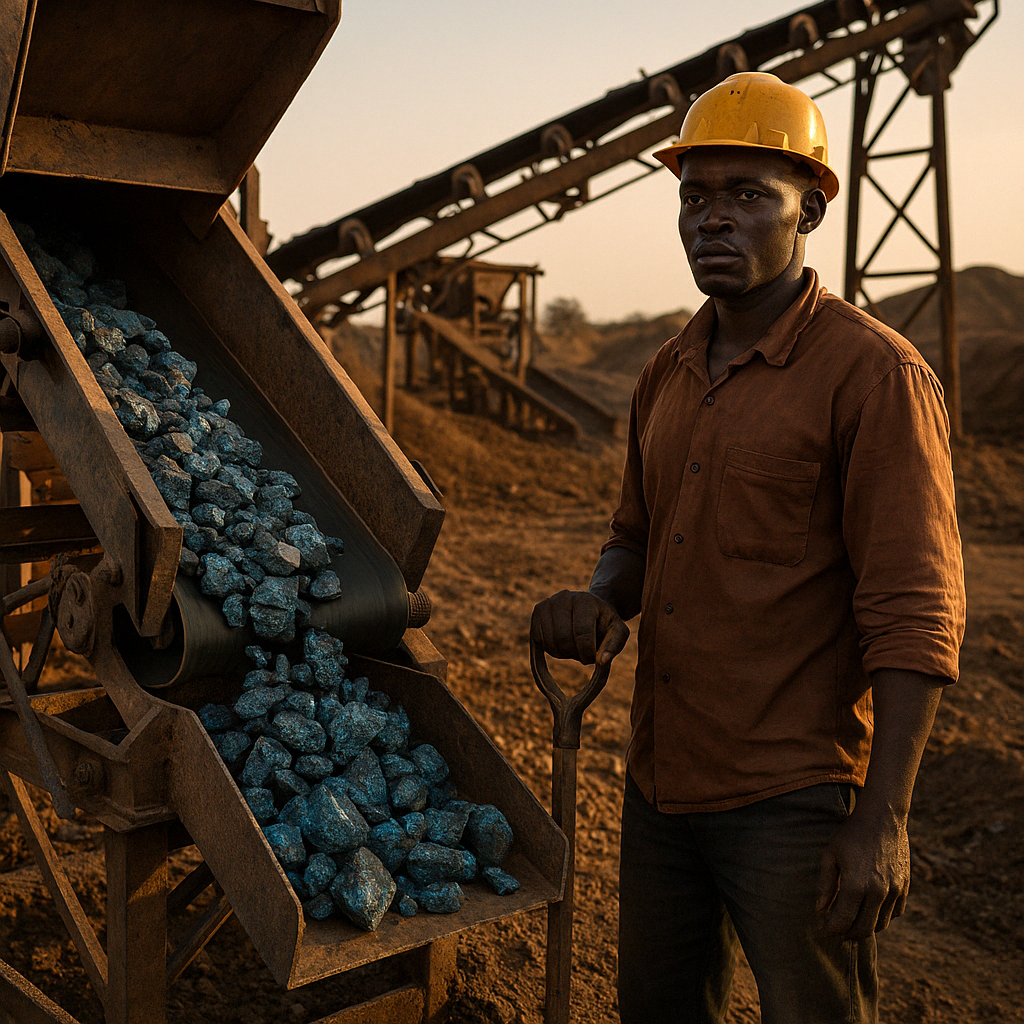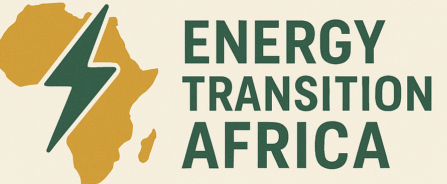Africa Can’t Afford Another Raw Deal: Why Value Addition Must Power the Green Transition
By Vincent Egoro |

The African Development Bank (AfDB) recently sent a clear message: Africa must stop exporting raw critical minerals and start building local value chains. As someone deeply involved in the continent’s energy and development space, I believe this is more than just an economic strategy—it’s a justice issue.
From cobalt in the DRC to manganese in Gabon, Africa sits atop the minerals powering the global clean energy transition. Yet, we are again being positioned as mere suppliers—exporting raw materials while importing finished solar panels, electric batteries, and green tech.
We’ve seen this before. And this time, we must write a different story.
Why This Matters
- The Democratic Republic of Congo produces 70% of the world’s cobalt.
- Nigeria has the potential to build a strong solar industry based on its own mineral base.
- Meanwhile, China controls over 80% of global refining capacity—a result of deliberate industrial policies and infrastructure investment.
Africa cannot afford to miss out again. If we don’t act now, this boom will enrich others—not Africans.
Lessons from Indonesia and China
Take Indonesia. The government banned raw nickel exports and forced local processing. The result? Booming downstream industries, higher export earnings, and more jobs.
China’s refining dominance is no accident. It came from long-term coordination between the government, state-backed industry, and infrastructure rollout.
Africa can do the same.
What Must Be Done
Adesina has outlined five priorities. They are clear, urgent, and long overdue:
- Massive investment in energy infrastructure
- Strategic development of critical minerals
- Industrialisation linked to clean energy
- Strong regulatory frameworks
- Protection of community rights and governance
Together with the African Union and UNECA, the AfDB is now supporting the development of an African Green Minerals Strategy to guide this transformation.
Financing Africa Fairly
Africa still pays up to five times more for capital due to the so-called “Africa risk premium.” According to the UNDP, this perception costs the continent up to $75 billion annually in debt service.
In response, the AU has approved the creation of the African Credit Rating Agency, while the AfDB has established an Africa Financing Stability Mechanism—which could help refinance at least $10 billion in debt service payments annually.
Conclusion: The Transition Must Be Made in Africa
Africa must stop exporting what it needs to build. It’s time we refine in Africa, manufacture in Africa, and profit in Africa.
The just energy transition is not just about carbon—it’s about power, in every sense of the word.
🔗 Related Posts on EnergyTransitionAfrica.com:
📖 Leapfrogging to Renewables: Ensuring Africa’s Energy Transition Leaves No One Behind
📖 Batteries for the West, Burdens for Africa: The Cost of Green Minerals
Expert Analysis, Directly to You
Join our community of experts and decision-makers. Stay informed with our weekly deep dives into Africa's energy future.
Weekly briefing. Expert insights.
No spam. No generic fluff.
About the author
Vincent EgoroContributor at Energy Transition Africa, focusing on the future of energy across the continent.
